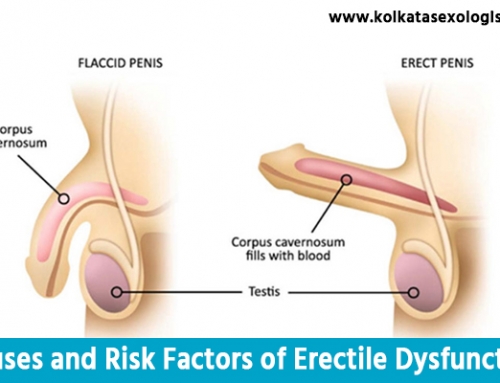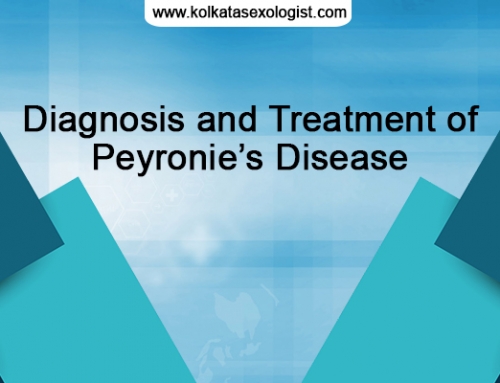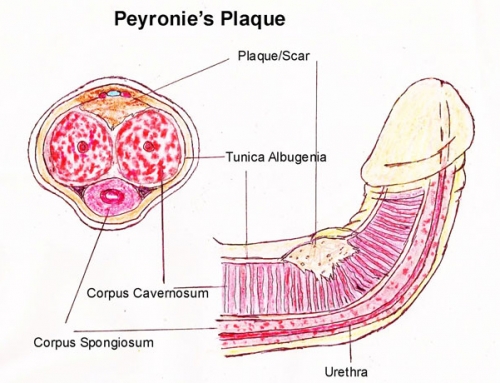A premature ejaculation is a form of male sexual dysfunction marked by a man’s inability to regulate his ejaculation long enough for both partners to be satisfied. This usually means that the male partner will ejaculate soon after penetration. Ejaculation can occur before penetration in severe cases, says a famous sexology doctor of Kolkatasexologist Clinic. Although the precise moment when a man’s ejaculation is deemed premature is unknown, a time from penetration to ejaculation (also known as the intravaginal ejaculatory latency time) of less than two minutes is normally indicative of premature ejaculation.
Classification
Premature ejaculation may be categorized into two types – lifelong (also referred to as primary) and acquired (also referred to as secondary). Primary premature ejaculation is characterised as ejaculation that began during the first sexual intercourse and has continued since. After a time of normal sexual activity during which the man was able to regulate his ejaculatory function, secondary premature ejaculation occurs.
Symptoms
The inability of a man to manage his ejaculations is the most common symptom of premature ejaculation. Secondary psychological symptoms such as low self-esteem, sexual anxiety, and relationship issues are typical as a result of this.
Clinical Examination
When a sexologist in Kolkata investigates the risk of premature ejaculation, he will most likely conduct a physical examination to ensure that the man is in good health. The doctor would possibly examine the man’s genitals and see whether there are any bacteria that may be causing his ejaculatory problems.
Treatments
Lifelong Premature Ejaculation
Non-Pharmacological Approach
Interventions aimed at boosting a man’s confidence, reducing anxiety, and improving sexual technique (especially ejaculatory control) are crucial in treating the issue. Treatments that aren’t pharmacological include behavioural training, reducing penile sensation, and pelvic floor exercises.
Pharmacological Approach
Premature ejaculation has been treated with a variety of pharmaceuticals, which are provided either on a regular or on-demand basis before sexual activity. Medications that are available include:
- Tricyclic antidepressants: Clomipramine (Anafranil, Placil) is an antidepressant that has been shown to delay ejaculation, though its side effects can impair sexual function.
- Phosphodiesterase (PDE-5) inhibitors: According to a lady sexologist in Kolkata, PDE-5 inhibitors like Cialis and Viagra (sildenafil) are the most popular treatments for erectile dysfunction, and they’ve also been used to treat premature ejaculation.
- SSRIs or Selective Serotonin Reuptake Inhibitors, such as paroxetine, 11 fluoxetine, and sertraline, can cause ejaculation to be delayed.
Acquired Premature Ejaculation
The following are some of the treatments for acquired premature ejaculation:
- Appropriate antibiotic treatment for prostatitis and urethritis;
- PDE-5 inhibitors for erectile dysfunction;
- Premature ejaculation may be exacerbated by, rather than caused by, discomfort or difficulties in a relationship. Couples should seek counselling and/or sex therapy in such situations.
Men who have premature-like ejaculation think their intravaginal ejaculation latency period is low, but it is actually within normal limits (and may even be in the long-range). The disease is mainly psychogenic, but psychoeducation and counselling are the first lines of treatment, says the top sexologist in Kolkata.





